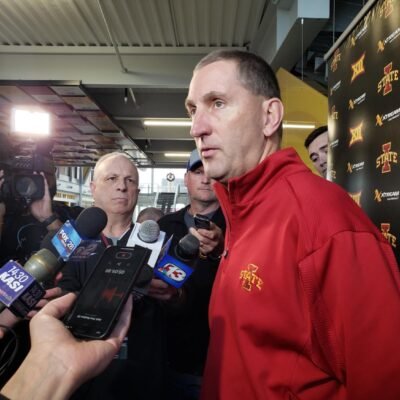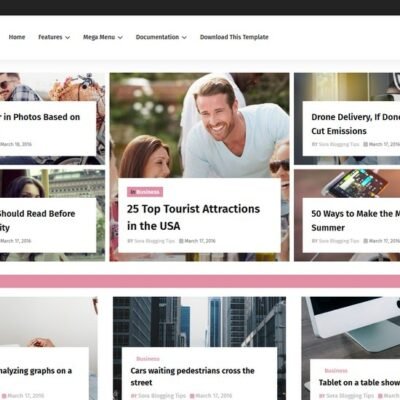The Alliance for Disability Awareness, ADA, has recently resurfaced at Iowa State, with its new members hoping to create a community where students can feel welcome.
At Iowa State, approximately 15% of students suffer from some form of disability. Having a disability can affect a person’s life drastically, from their health, education, relationships to mental well-being.
Cat Reyes Phelps is president of the ADA and a sophomore studying secondary education and history. Phelps decided to help bring the ADA back to campus because they wanted to make a difference for students affected by disabilities.
“Disability advocacy is something I’ve been very passionate about for several years,” Phelps said. “I started in high school and wanted a more concrete and organized way to make a difference on campus because that’s a big part of my life. I saw this club as a great opportunity to uplift that.”
ADA allows a safe space for students to talk freely about their disabilities while relating to them. This student organization creates a safe space for students to feel understood and heard.
A typical ADA meeting includes discussing upcoming events, learning opportunities, open discussions and a general check-in of how members are doing.
Kaylin Dains, a first-year student studying community and regional planning, is the vice president of ADA. Dains said she decided to take a leadership role in her first year of college because she wanted to create a space where not only she but other students could feel comfortable talking about their experiences with disabilities.
“It’s really nice to be able to talk about things the general population might not really experience. I’ve started recently using a cane, and that was something that I knew no one there was going to judge me [for],” Dains said. “Everybody just knew and understood because most people have gone through embarrassment, shame and ableism surrounding their disabilities in whatever form that is. If people don’t have the same disabilities, which I don’t think a lot of the people in the group do, we all just kind of get it.”
Since the ADA is currently rebuilding its club on campus, it is actively doing campus outreach and taking on new members.
The ADA wants to stress that you do not have to be a student with a disability to join. However, the organization would prefer students to have some sort of connection to dealing with a disability through family or friends.
“Disability also affects anybody that’s surrounded with disabled people like caretakers and family members,” Dains said. “We just assume that you’re there for good reasons, and we don’t really care what they are as long as you’re not causing problems.”
Phelps said they enjoy being part of ADA because it creates an environment where students can feel understood and not alone.
“Our focus is just creating and sustaining a community for disabled people because a lot of people have not really found a place where they feel comfortable to exist as themselves in traditional extracurriculars,” Phelps said.
Students with disabilities at Iowa State who need accommodations must go through the Student Accessibility Services office and get their accommodations approved.
Everette Adams is a student worker for the Student Accessibility Services office and is a senior studying music.
Adams said that the accessibility office offers a wide range of support services to students who need accommodations.
“Our office works with any student that has a diagnosed disability. That includes physical disabilities, learning disabilities and anything that you can think of; we work with basically,” Adams said. “Everything from students that have severe chronic illnesses, all the way to students that have ADHD or dyslexia.”
The Student Accessibility Office offers a wide range of support to students, including exam accommodations, dining accommodations, religious accommodations, housing accommodations, assistance animals and more.
Adams said she enjoys her job and encourages students who may be struggling with a disability or are considering getting accommodations to meet with the accommodations staff.
“We have students that are like, ‘I don’t want accommodations. I just want to be normal,’” Adams said. “And I was that way And it’s one of those things where it’s like, you know, it can be hard to accept, but our office can help you, and you can get accommodations.”
Phelps and Dains both have had positive experiences with the Student Accessibility Services and encourage other students to work closely with the staff to ensure they get access to what they need.
The ADA has meetings at 5 p.m. every other Thursday in 1158 Hixson-Lied Student Success Center.
To learn more about Student Accessibility Services, visit their website or call (515) 294-7220.




